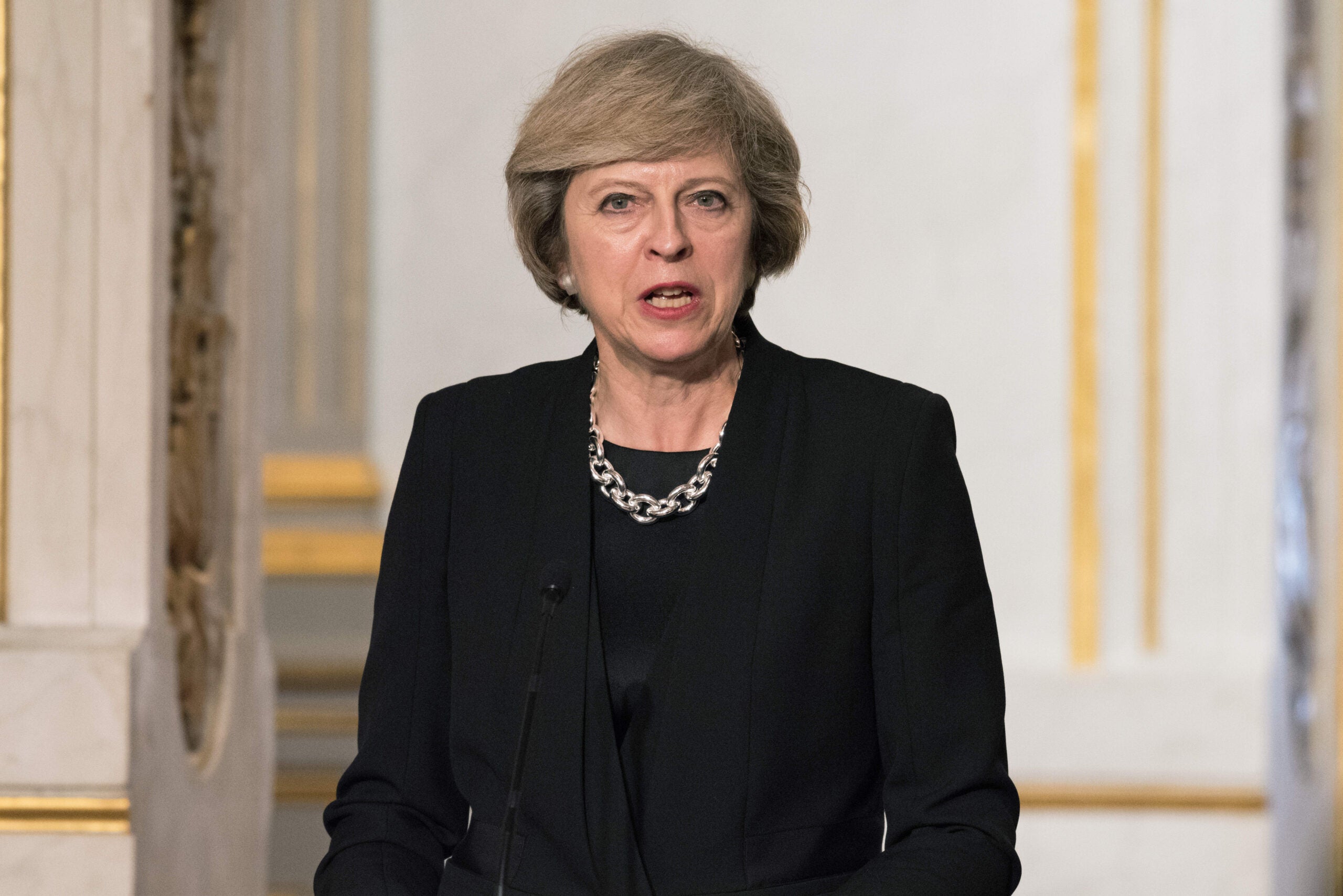
Germany’s “Mittelstand” of small and medium-sized firms (SMEs) could lose billions of euros if the UK is forced to leave the single market, an industry representative has warned.
Mario Ohoven, the president of the BVMW, the association which represents more than 270,000 SMEs, told the BBC “a hard Brexit would harm both sides.”
His words of caution run counter to British prime minister Theresa May’s reassurances to the European Union.
In her letter to the EU last week, May said the UK would “not seek membership of the single market” in the upcoming negotiations.
EU officials have made clear that the UK cannot have unfettered access to the single market unless it allows for the free movement of EU citizens.
Ohoven explained that many German firms are geared towards exports, meaning close economic ties between the UK are crucial.
How well do you really know your competitors?
Access the most comprehensive Company Profiles on the market, powered by GlobalData. Save hours of research. Gain competitive edge.

Thank you!
Your download email will arrive shortly
Not ready to buy yet? Download a free sample
We are confident about the unique quality of our Company Profiles. However, we want you to make the most beneficial decision for your business, so we offer a free sample that you can download by submitting the below form
By GlobalData“Germany exported goods worth 89bn euros to the UK alone in 2015, almost half of it was exported by 150,000 German SMEs,” he said, adding that many more companies traded indirectly with the British market, as well as relying on UK research and development.
A soft Brexit is therefore the ideal scenario.
“In the end, a soft Brexit should be reached. It is important that the UK stays in the single market, or that the UK joins an agreement similar to the the EFTA (European Free Trade Association), similar to Norway or Iceland,” he added.
Dirk Rothweiler, the chief executive of First Sensor, a Mittelstand firm generates almost 7m euros annually from sales to the UK market.
The tech company increased total sales by 9 percent to €150.1m in 2016.
Rothweiler shares Ohovan’s negative view of new post-Brexit trade barriers.
“It would be very desirable not to have trade barriers, and if so to have the least possible amount of trade barriers in both directions,” he said.
“We shouldn’t forget that 750,000 jobs in Germany depend on the trade with the United Kingdom”,Ohoven added.
Today, the Bank of England (BoE) urged the UK’s biggest financial firms to plan for “all eventualities” resulting from the UK leaving the European Union.
Bank governor Mark Carney said the “vast majority” of City firms already had contingency plans in place.







